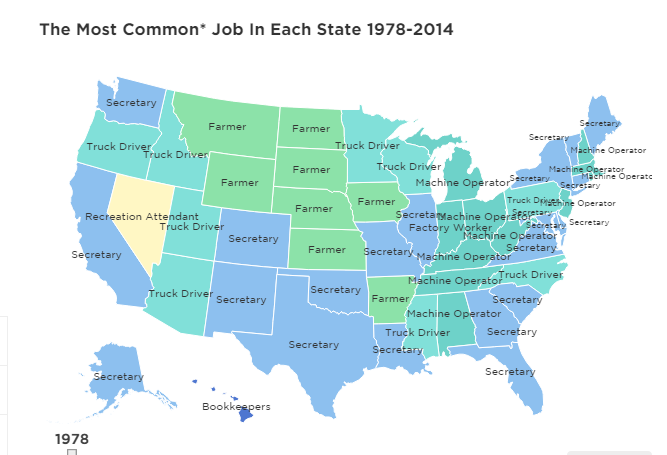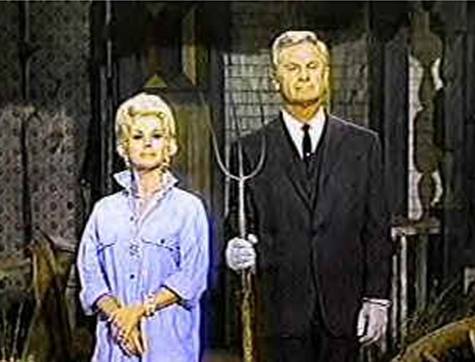“There are two spiritual dangers in not owning a farm. One is the danger of supposing that breakfast comes from the grocery, and the other that heat comes from the furnace.”
― Aldo Leopold, A Sand County Almanac
“Why do farmers farm, given their economic adversities on top of the many frustrations and difficulties normal to farming? And always the answer is: “Love. They must do it for love.” Farmers farm for the love of farming. They love to watch and nurture the growth of plants. They love to live in the presence of animals. They love to work outdoors. They love the weather, maybe even when it is making them miserable. They love to live where they work and to work where they live. If the scale of their farming is small enough, they like to work in the company of their children and with the help of their children. They love the measure of independence that farm life can still provide. I have an idea that a lot of farmers have gone to a lot of trouble merely to be self-employed to live at least a part of their lives without a boss.”
― Wendell Berry, Bringing it to the Table: Writings on Farming and Food
“The first supermarket supposedly appeared on the American landscape in 1946. That is not very long ago. Until then, where was all the food? Dear folks, the food was in homes, gardens, local fields, and forests. It was near kitchens, near tables, near bedsides. It was in the pantry, the cellar, the backyard.”
― Joel Salatin, Folks, This Ain’t Normal: A Farmer’s Advice for Happier Hens, Healthier People, and a Better World
“When it is understood that one loses joy and happiness in the attempt to possess them, the essence of natural farming will be realized. The ultimate goal of farming is not the growing of crops, but the cultivation and perfection of human beings.”
― Masanobu Fukuoka, The One-Straw Revolution
“The soil is the great connector of lives, the source and destination of all. It is the healer and restorer and resurrector, by which disease passes into health, age into youth, death into life. Without proper care for it we can have no community, because without proper care for it we can have no life.”
― Wendell Berry, The Unsettling of America: Culture and Agriculture
“Good farmers, who take seriously their duties as stewards of Creation and of their land’s inheritors, contribute to the welfare of society in more ways than society usually acknowledges, or even knows. These farmers produce valuable goods, of course; but they also conserve soil, they conserve water, they conserve wildlife, they conserve open space, they conserve scenery.”
― Wendell Berry, Bringing it to the Table: Writings on Farming and Food
“Teaching kids how to feed themselves and how to live in a community responsibly is the center of an education.”
― Alice Waters
“To husband is to use with care, to keep, to save, to make last, to conserve. Old usage tells us that there is a husbandry also of the land, of the soil, of the domestic plants and animals – obviously because of the importance of these things to the household. And there have been times, one of which is now, when some people have tried to practice a proper human husbandry of the nondomestic creatures in recognition of the dependence of our households and domestic life upon the wild world. Husbandry is the name of all practices that sustain life by connecting us conservingly to our places and our world; it is the art of keeping tied all the strands in the living network that sustains us.
And so it appears that most and perhaps all of industrial agriculture’s manifest failures are the result of an attempt to make the land produce without husbandry.”
― Wendell Berry, Bringing it to the Table: Writings on Farming and Food






